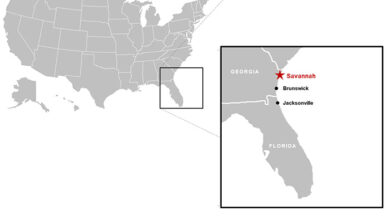Global Ports Announces the Acquisition of Eurobonds

Global Ports Investments PLC (“Global Ports” or the “Company” and, together with its subsidiaries and joint ventures, the “Group”) (LSE ticker: GLPR) today announces that the Group has purchased in the open market U.S.$ 198,399,000.00 of U.S.$ 350,000,000 6.50 per cent Guaranteed Notes due in 2023 (the “Notes”) issued by Global Ports (Finance) PLC.

Following the acquisition, the outstanding principal amount of the Notes is U.S.$ 82,949,000.
The transactions were made in order to improve the Group’s debt maturity profile and decrease FX risk exposure, which is one of the Group’s objectives and an area where the Group continues to seek further opportunities.

What Is a Eurobond?
A Eurobond is a debt instrument that’s denominated in a currency other than the home currency of the country or market in which it is issued.
Eurobonds are frequently grouped together by the currency in which they are denominated, such as eurodollar or Euro-yen bonds. Since Eurobonds are issued in an external currency, they’re often called external bonds. Eurobonds are important because they help organizations raise capital while having the flexibility to issue them in another currency.
Issuance of Eurobonds is usually handled by an international syndicate of financial institutions on behalf of the borrower, one of which may underwrite the bond, thus guaranteeing the purchase of the entire issue.

- A Eurobond is a debt instrument that’s denominated in a currency other than the home currency of the country or market in which it is issued.
- Eurobonds are important because they help organizations raise capital while having the flexibility to issue them in another currency.
- Eurobond refers only to the fact the bond is issued outside of the borders of the currency’s home country; it doesn’t mean the bond was issued in Europe.













